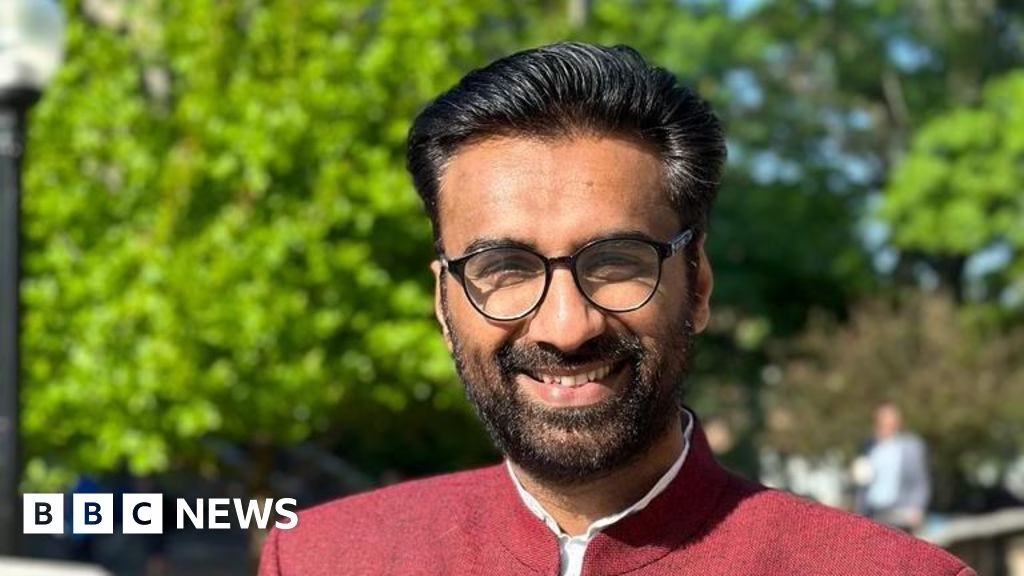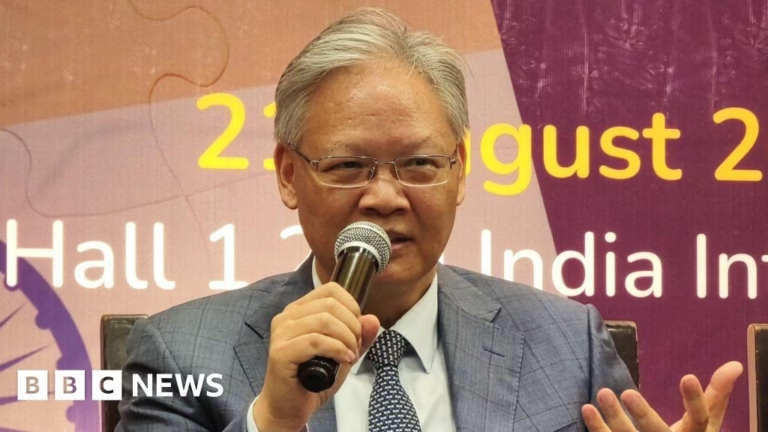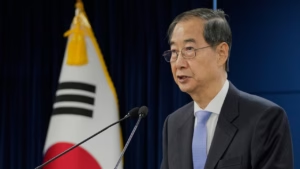A renowned Indian scholar of conflict studies, Badar Khan Suri, finds himself under the shadow of deportation from the United States due to allegations of terrorist ties. The accusations claim he has close links to a senior adviser to Hamas, an assertion firmly denied by Suri. His journey, marked by a unique stride from academic endeavours to personal life, has taken an unforeseen turn, casting a wide aperture on the intersection of personal beliefs, academic pursuits, and political allegiances.
The catalyst for Suri’s brush with controversy was a scholarship-driven journey 15 years ago. An invitation from a classmate at Delhi’s Jamia Millia Islamia university led him to join an international aid convoy heading to Gaza, a territory under blockade by Israel. It was during this pioneering effort, where he met Mapheze Saleh, who would become his spouse, that Suri’s path intertwined with the Palestinian cause, though strictly from an academic perspective.
His academic ambition prompted a move to the prestigious Georgetown University as a postdoctoral fellow, accompanied by Saleh. Their shared journey, marked by a wedding in Gaza that captured the imagination of many, underscored an enduring connection to the Palestinian territory.
Contrary to the allegations, Suri’s colleagues and teachers vehemently defend him, describing him as an erudite academician with no affiliations beyond the scholarly interpretation of international conflicts. His participation in the aid convoy, though, highlighted the human cost of the ongoing geopolitical tensions, inspiring his academic and humanitarian endeavours.
The sudden arrest on terror charges, purportedly stemming from the Trump administration’s crackdown on pro-Palestine activists and perceived linkages to Hamas, shocks those familiar with Suri’s work. His legal entrance to the United States on a student visa and subsequent academic engagement at Georgetown further complicate the narrative, framing the accusations within a broader political context.
Despite this, Suri’s story becomes emblematic of the precarious balance between individual freedoms, political discourse, and the global migrant experience. As Suri’s case unfolds, it raises complex questions about the far-reaching implications of allegiances, the nuanced understanding of international conflicts, and theDIY persuasions of political and scholarly endeavours. His fate, caught in the crosshairs of legal scrutiny and political interpretation, remains to be seen, with supporters firmly believing in the absence of evidence to support the grave allegations against him.
Source: https://www.bbc.com/news/articles/c8rk62znm3yo








